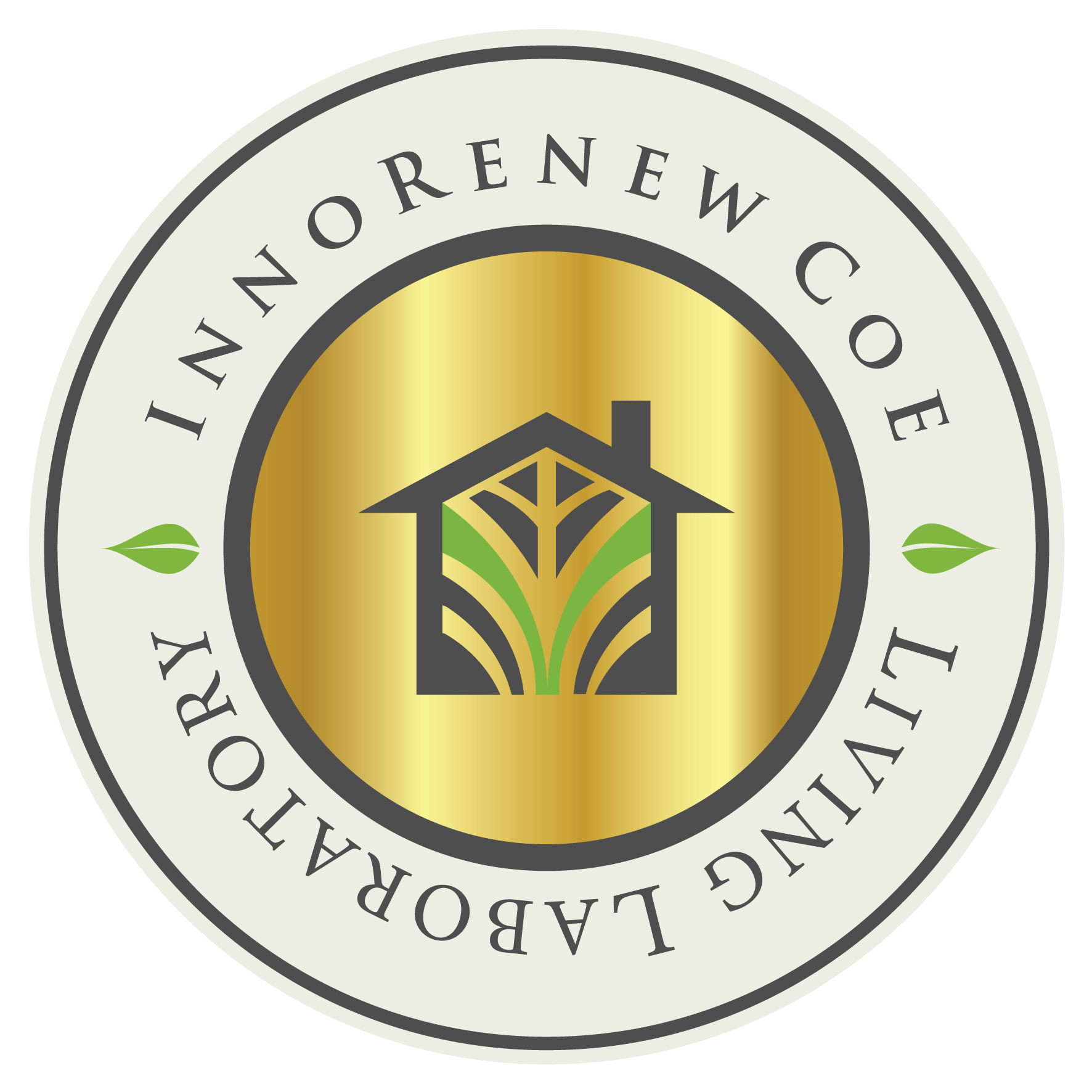Ponedeljkov seminar računalništva in informatike - Arhiv
| 2026 | 2025 | 2024 | 2023 | 2022 | 2021 | 2020 | 2019 | 2018 | 2017 | 2016 | 2015 | 2014 | 2013 | 2012 |
| 1 | 2 | 3 | 4 | 5 | 6 | 7 | 8 | 9 | 10 | 11 | 12 |
petek, 18. oktober 2019 David Kodarin: Entrepreneurial experience in starting a green/eco business
V ponedeljek, 21. oktobra 2019, bo ob 16.00 v prostorih Fakultete za matematiko, naravoslovje in informacijske tehnologije Univerze na Primorskem (Glagoljaška 8, Koper) predavanje v okviru PONEDELJKOVEGA SEMINARJA RAČUNALNIŠTVA IN INFORMATIKE Oddelkov za Informacijske znanosti in tehnologije UP FAMNIT in UP IAM.
ČAS/PROSTOR: 21. oktober 2019 ob 16.00 v FAMNIT-VP2
------------------------------------------------------------------------------------------------------
PREDAVATELJ: David Kodarin
David Kodarin, a university graduate in civil engineering, who has many years of experience working abroad. He decided to start his entrepreneurial career back in Slovenia. David is the co-founder of KAKIS (www.kakis.eu), which offers sustainable outdoor toilets. In his spare time, he co-creates other sustainable products, such as the houzEKO's sustainable tiny house on wheels (www.houzeko.com) and the Foodular automated modular greenhouses (www.foodular.eu). He also serves as president of the Association Pritisk, which deals with sustainable tourism and sports recreation.
-----------------------------------------------------------------------------------------------------
NASLOV: Entrepreneurial experience in starting a green/eco business
I will describe my beginnings, why I chose this path, why I've started a green starup and how I came up with the idea of ecological dry toilets. I will further explain how to start a company, what can happen in an entrepreneurial way, how to get finances, etc. Finally, I will describe where I coworkers with different students for research and development. I used varied programs as the company has already used Demola, Erasmus Student Practices and PKP. I will present with simple words how to develop environmentally friendly products with sustainable value. Students will learn how to start a low risk startup with their idea, and how to bring that idea to market.
-----------------------------------------------------------------------------------------------------
Predavanje bo v angleškem jeziku.
petek, 11. oktober 2019 The Journey to Mars: The risks of long-duration human space exploration, and how we are overcoming them
V ponedeljek, 14. oktobra 2019, bo ob 16. uri v prostorih Fakultete za matematiko, naravoslovje in informacijske tehnologije Univerze na Primorskem (Glagoljaška 8, Koper)
predavanje v okviru PONEDELJKOVEGA SEMINARJA RAČUNALNIŠTVA IN INFORMATIKE
Oddelkov za Informacijske znanosti in tehnologije UP FAMNIT in UP IAM.
ČAS/PROSTOR: 14. oktober 2019 ob 16.00 v FAMNIT-VP2
-----------------------------------------------------------------------------------------------------------------------------------
PREDAVATELJICA: Kim BINSTED
Kim Binsted received her BSc in Physics at McGill (1991), and her PhD in Artificial Intelligence from the University of Edinburgh (1996). Her thesis topic was the computational modeling and generation of punning riddles, and her program, JAPE (Joke Analysis and Production Engine), generated puns such as "What do you call a Martian who drinks beer? An ale-ien!" She then went to Japan, where she conducted research at Sony's Computer Science Laboratories on human-computer interfaces, and then started a company, I-Chara KK, which developed social software agents for mobile phones. In 2002, she joined the faculty of the Information and Computer Sciences Department at the University of Hawaii, where she does research on artificial intelligence, human-computer interfaces, and long-duration human space exploration. In 2015, she received a MS in Planetary Geology, for attempting to characterize the deuterium-hydrogen ratio in the primitive Earth mantle.
Kim is a co-investigator at the UH-NASA Astrobiology Institute, which formed in late 2003. She was a NASA Summer Faculty Fellow at Ames Research Center in 2003 and 2004, where she worked on sub-vocal speech recognition technology in the Neuroengineering Lab. She was Chief Scientist on the FMARS 2007 Long Duration Mission, a four-month Mars exploration analogue on Devon Island in the Canadian High Arctic. In 2009, she spent her sabbatical as a visiting scientist at the Canadian Space Agency (CSA), working on the CSA's planetary analogues program. She spent the summers of 2016 and 2017 in Russia on a Fulbright Award. She is now the principal investigator for the NASA-funded HI-SEAS (Hawaii Space Exploration Analog and Simulation) program, which conducts long-duration space exploration simulations at an isolated habitat on Mauna Loa. She is currently serving as an AAAS Science and Technology Policy Fellow in Senator Whitehouse's office in Washington, DC.
-------------------------------------------------------------------------------------------------------------------------------
NASLOV: The Journey to Mars: The risks of long-duration human space exploration, and how we are overcoming them
Long space journeys, such as the trip to Mars, pose unique risks to the human body and mind. I will describe efforts by myself and others to mitigate those risks and enable long-duration human space exploration. In particular, I will discuss research conducted at HI-SEAS (Hawaii Space Exploration Analog and Simulation, hi-seas.org).
-------------------------------------------------------------------------------------------------------------------
Predavanje bo v angleškem jeziku.









